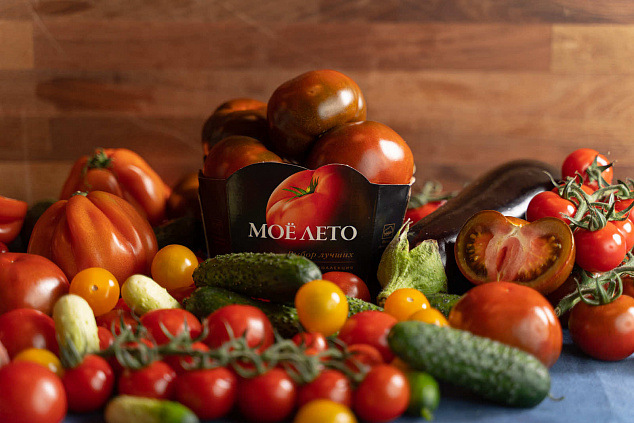Athletic build: plant-based food for higher achievements
For an athlete, food is first and foremost a fuel that is designed to maximize the performance of all body systems. Another aspect is that during exercise the body intensively loses nutrients, the supply of which needs to be replenished regularly. Therefore, if an athlete needs a real effect from training, the diet should be balanced with these facts in mind.
Unfortunately, people who seriously exercise do not always understand the importance of eating a variety of fruits and vegetables. Focusing on the right ratio of proteins, carbohydrates and fats, athletes pay little attention to the micronutrients we extract from plants. However, it is these components that can have an effective effect on optimizing training performance, energy production, and tissue repair during exercise.
Most of the vitamins and minerals in fruits and vegetables cannot be synthesized by the human body, so these foods should be eaten regularly and in sufficient quantities. After all, the lack of nutrients provokes fatigue, leads to a shortage of muscle strength and impaired immune function. And this, in turn, is detrimental to the overall level of physical fitness.
Vitamins are antioxidants and therefore play a huge role in increasing muscle strength. The fact is that they absorb free radicals that destroy healthy tissues. Vitamins also serve other functions. For example, vitamin C reduces oxidative stress caused by exercise and supports the immune system. B vitamins are involved in energy metabolism, muscle and nerve conduction. Vitamin K has an anabolic effect.
But it's not just about vitamins. In addition, minerals such as magnesium and potassium contained in fresh fruits and vegetables are important for energy production, muscle contraction and relaxation, and healthy nerve function.
Athletes, as people who use their body's resources intensively, are most at risk of various diseases and infections. Antioxidants, which are abundant in fresh fruits, also help solve this problem. Accordingly, while exercising, we should proportionally increase the amount of fruits and vegetables in our diet. According to studies, an athlete needs to consume five to seven appropriate servings daily.
It is important to remember that the energy needs of athletes exceed those of the average person and reach 2500 kcal per day. And it is fruits and vegetables that are the suppliers of healthy carbohydrate foods.
The same goes for healthy vegetable fats. They not only meet energy needs, but also maintain hormone levels at the proper level.
Fruits and vegetables are also extremely effective for the dehydration that all athletes face. Fresh juices help both to replenish the fluid balance in the body and to return lost minerals to it.
And lastly, fiber. Only plant foods can meet our body's need for dietary fiber. By adding volume to the diet and slowing down digestion, fiber gives a feeling of fullness and therefore prevents overeating. And it also controls insulin, improves intestinal health, due to which the immunity increases.
Here are the top fruits and vegetables that athletes should eat as often as possible.
Beets - dilates blood vessels, increasing blood flow and improving the access of oxygen and nutrients to the working muscles.
Oranges and grapefruits - normalize digestion, accelerate metabolism, due to the high content of vitamin C strengthen the immune system and help in the fight against inflammatory processes.
Bananas and grapes - sources of easily digestible carbohydrates, provide quick replenishment of energy expended, and normalize heart muscle function.
Dark green vegetables (spinach, broccoli, leafy greens) are record-breakers for fiber. Rich in calcium, vitamins C and K, magnesium, zinc, iron. Cleanse the blood, liver, digestive tract, normalize metabolism.
In conclusion, it is worth emphasizing once again. Only after receiving the entire complex of the necessary vitamins and minerals, the athlete will ensure the function of his/her body like a car fueled with a high-quality fuel.
 RU
RU

